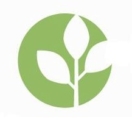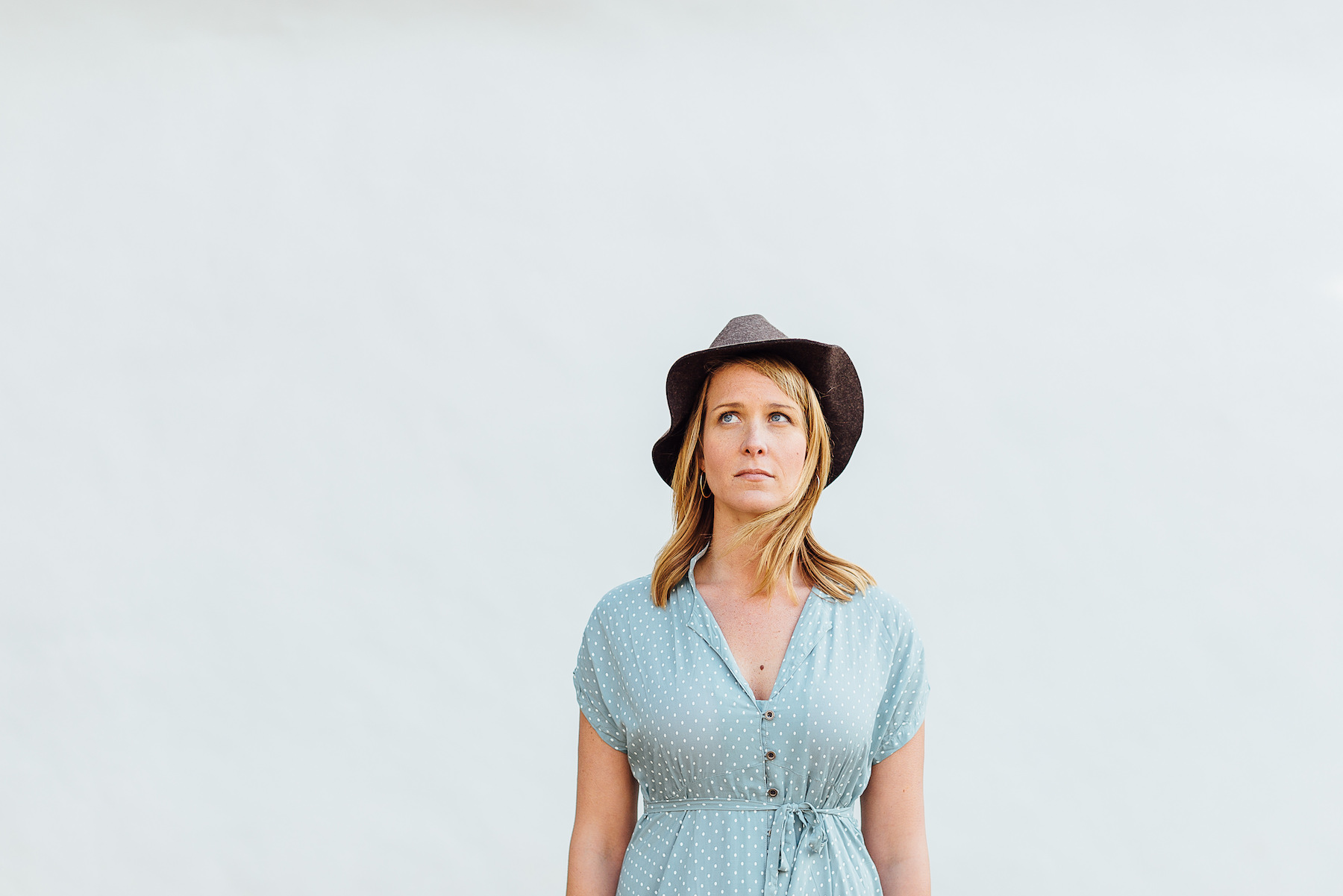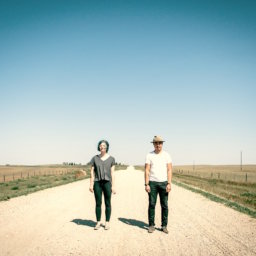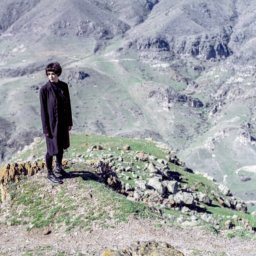Learning to be okay with yourself does not come easy for many people. It’s certainly unchartered territory for most people, prompting a search for guides of sorts. Some people delve into work to find their identity and meaning. For some, it’s on the couch or massage table, exploring plant medicine, typing themselves in some system or another…
I was scanning the New Books section at my local library when my eyes found the interesting book cover and title, The Book of Help. As a writer for What Therapy, I’m always on the lookout for interesting books, fascinating new modalities and sciences, intriguing remedies, and healing adventures to share with you. The subtitle for the book is A Memoir in Remedies. This fits the bill.
In so many ways, I was meant to read this book. Yes, there are no coincidences. So many parallels, crisscrossing, the idea of writing a similar book being the least of them. Megan Griswold, whose photo and energy feel so familiar, leads us through her seeking, from 4 months old to 40+, each chapter some form of therapy, healing work, workshop, or experiment. Most of these, I am familiar with. Many, I’ve tried myself. Some, I’ve written about here, including the Dragons treatment, Family Constellation, and Enneagram, for instance. These are just the highlights. Over three pages she titled The Terrain, she listed everything, a what’s what and who’s who roadmap that many of you may also know and have used to navigate your own search.

You know those tours you take to see the locations movies filmed at? Once in New Zealand, I rode a horse that was apparently part of a Lord of the Rings movie. It feels a little like that, in an unintentional synchronistic way, reading this book.
I related to Megan Griswold’s writing, her life experiences, and her questions, as I am sure many of you would. I related to her and I inhabited many of the experiences she shared, from couples counselling and cord cutting to saying no to more workshops. She was “putting my money on the Megan Process, without needing to recruit anybody to try it too”¹ and I was putting mine on the Sandra Process. “It’s not that I’ll never try anything again. I just know that deferring to my own authority may mean saying a kind of no, thank you more than in the old days…I garner the new pleasure of how it feels to trust myself.”² This was a lesson I learned in layers and in spades circa 2015/2016.
For many years and large parts of her book, Megan Griswold’s home base was Bellingham, Washington. For those unfamiliar with Pacific Northwest’s geography, that is just a short drive from my home in Vancouver, Canada. We’ve popped down there for shopping, or stopping en route to Seattle further south. Last Friday, I took a one-day road trip down to Whidbey Island. That’s where her mother had lived. Langley, which also made a cameo appearance in the book, was where we had a late lunch out on the deck overlooking the sea.
Her mother had Alzheimer’s and the way Megan Griswold weaved her mother’s story was beautiful. You can feel her protectiveness and somewhat complicated relationship with her mother, and her family. If you have a parent with Alzheimer’s, picking up this book just for that could be balm for your heart.
Just to let you know, in the sort of epilogue, Megan Griswold writes about the deaths of her mother and her dog, Isabelle. With my dog having just died several months ago, reading about her loss was, well… let’s just say grief knocks at your door at the most inconvenient times. While grief may not be done with us, the feeling does become more like an old friend, warming in its tones, bringing more happy than bitter medicine.
With Isabelle, she observed the three-day vigil. While I didn’t do that or Buddhist prayers myself, I did send my beautiful dog’s spirit off with Akal.
For me, this book felt like a journey of learning to be okay with yourself. Megan Griswold’s book is a glimpse of the deep processes she must have dove into. She shared highlights (well, low points), enough for the reader to connect though not enough to traumatize. There is plenty of wisdom, humour, honesty, tenderness, and a growing sense of self-compassion. She finishes this story by saying, “Protection. Nourishment. Comfort. In the end, it’s not that complicated.” Yes, humans do love to overcomplicate things! It’s all just learning to be okay with yourself. Your own way.
1 The Book of Help by Megan Griswold. Rodale Books, 2019. p. 324.
2 Ibid., p325.


















